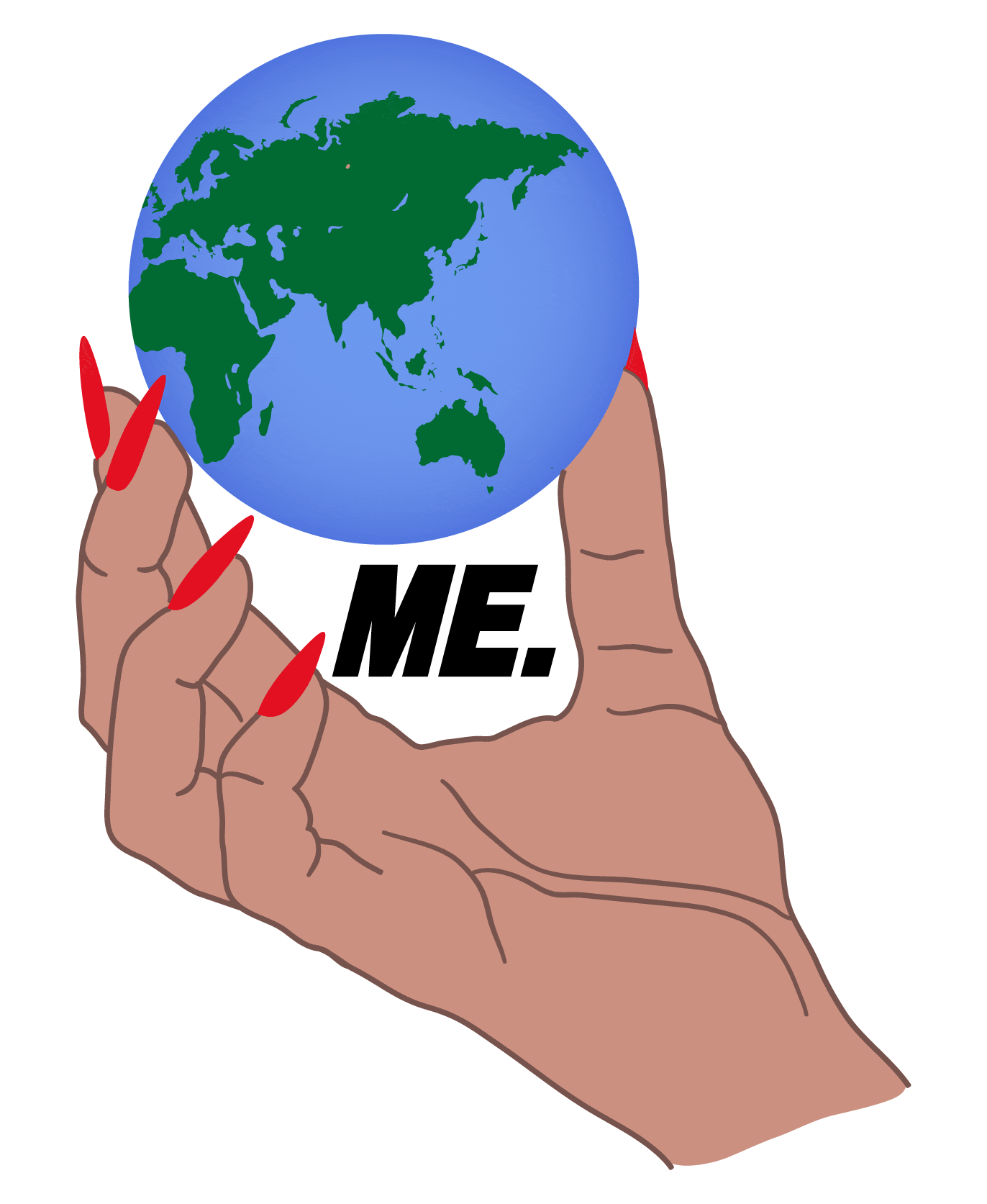Free standard shipping for US orders over $150
RECAP: THE M.E. SPEAKER SERIES FEAT JANAYA "FUTURE" KHAN

Friday, April 28th, The Melody Ehsani Shop was proud to host activist and organizer Janaya Khan, also known as Future. A main figure in the Toronto Black Lives Matter Movement, Future has spoken on the international level, helping to break down walls and initiate the building of bridges. Their words and actions help the marginalized help themselves. The conversation with Future was one of persistence, power, and perseverance. We thought we’d highlight some of our favorite discussion topics as a guide for our readers to take with them on their own path to awareness. Enjoy and fight on.

Receipts:
Q: How do we deal with the concept of "receipts" and having to prove our allegiance to the causes we fight for?
A: We've created this beautiful, magical culture where you can create something out of nothing, but a punitive cruel one as well where betrayals feel worse. Any kind of organizing, we are going to betray each other, that’s what being in an oppressive world means. Whatever you do, bring your people with you, nothing is really "right". Oppress dynamics exist everywhere; yet this generation has come up with purity politics, that if your art is in a certain space you're a "sell-out” but that is the reality of the movement. As much as you are growing, you are expanding; that’s going to inform your work—write and do and speak and create and incubate, take time, experience other people's skills, experience other people works. I think we forget about that part of the process. Everyone on my Facebook account agrees with me on everything-- so it's important we gain and meditate on other's work. We are exceptional at deconstructing, so it's about taking someone's idea and building it better, going through the needed process of collaborative creation. Our politics is supposed to be fluid and expansive and growing.
Gender:
Q: Can you briefly hit on your own use of they/them pronouns and how these gender identity concepts affect your work?
A: There are seven billion people on the planet, how boring would it be if there were only two genders? The way that we negotiate people who are gender non-conforming, not treating femininity and masculinity as a spectrum; when we don’t do those things it's on the bodies of those non-conforming people- we directly disenfranchise them. I like that I can choose how I'm seen. I want more infrastructure built for the practice of presentation. Dozens and dozens of genders have always existed and we just don’t have the language for them. It's also important to note that I still gender people. We need to work on creating spaces. That if you want information from someone, are you willing to put that same information, i.e. your pronouns, out there?
I see nothing wrong with femininity and masculinity as concepts. The binary is bad because certain genders are oppressed or silenced. Patriarchy, really, is bad for everybody. There are all these different levels of gender. It is through daily revolutions and daily contradictions of those oppressive binaries that we find each other. We all love through those contradictions. We are tasked with creating 21st-century tools, how we consume and disseminate information is changing. We're using a 20th-century model. We are the first generation of people to do that, so we must change who are leadership is and what they look like. We’ve done it your way, the old way, shouldn’t we try new models of being?
Race:
Q: Why do people see BLM as a terrorist organization?
A: Calling BLM terrorism is a testament to how afraid of black women leaders some people really are. It's almost framed as this new Communism, this new intrinsic threat. The concept of “Stop killing us" is considered terrorism. We are called militant when the only arm that we hold is each other’s. Militant action means loving each other is revolutionary- it is part of arming ourselves. There are 152 chapters of neo-nazi, alt-right, hate groups active in the country. They're actually gaining weapons. The greatest threat is the rise of your everyday bigot.
In 1988, Jeff Sessions was too racist. We could quantify racism. But, in 2017, racism doesn’t exist. All it takes is the mention of freedom of speech to erase this issue. We're watching our language being coopted. We're watching police and neo-nazis talk about being marginalized- they're institutions that are militarized! Our language is losing meaning and being gutted. Language no longer means what it used to mean, so we must be very vigilant in counteracting this. Same thing in boxing is the same thing in organizing: it's about adaptiveness. We have a large task ahead of us.
Apathy:
Q: Can Rage and Love exist in the same space? Do we need one more than the other?
A: Our biggest threat is not rage or love, we’re up against apathy. Ragefulness can only come from a place of love, but it is fleeting. The movement needs habit. Protest fatigue is real. Some of us inherited wealth, some of us inherited the struggle. Habit is what sustains us. Activism is how we treat each other. How you organize is how you love. We must riot where we're quiet. If I don’t do that, I am fighting to reframe colonialism in a way that is more convenient for someone like me. We need to make resistance a habit.
Words by: Suraiya Ali
Join the conversation.

Thanks for signing up!

